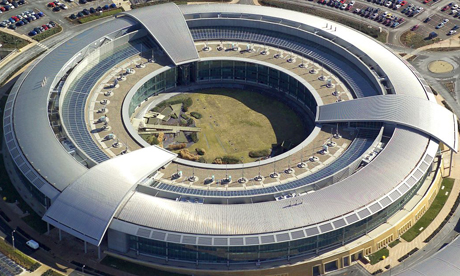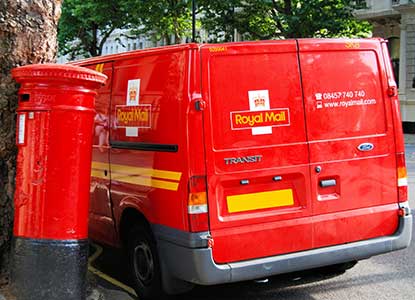Extent of spies’ mass surveillance to be investigated in ‘public inquiry’
http://www.theguardian.com/uk-news/2013/oct/17/uk-gchq-nsa-surveillance-inquiry-snowden
 Intelligence inquiry begun after Edward Snowden leaks and Guardian revelations on GCHQ and NSA personal data sharing
Intelligence inquiry begun after Edward Snowden leaks and Guardian revelations on GCHQ and NSA personal data sharing
The extent and scale of mass surveillance undertaken by Britain’s spy agencies is to be scrutinised in a major inquiry to be formally launched on Thursday.
Parliament’s intelligence and security committee (ISC), the body tasked with overseeing the work of GCHQ, MI5 and MI6, will say the investigation is a response to concern raised by the leaks from the whistleblower Edward Snowden.
Sir Malcolm Rifkind, the committee chair, said “an informed and proper debate was needed”. One Whitehall source described the investigation as “a public inquiry in all but name”.
The announcement comes four months after the Guardian, and leading media groups in other countries, including the New York Times and the Washington Post, began disclosing details of secret surveillance programmes run by Britain’s eavesdropping centre, GCHQ, and its US counterpart, the National Security Agency.
The Guardian has been urging a debate about programmes such as GCHQ’s Tempora and the NSA‘s Prism, which allow the agencies to harvest vast amounts of personal data from millions of people – intelligence that is routinely shared between the two countries.
In a change from its usual protocol, the normally secretive committee also announced that part of its inquiry would be held in public.
It will also take written evidence from interested groups and the public, as well as assessing secret material supplied by the intelligence agencies. The Guardian will also consider submitting evidence.
Conceding that public concerns had to be addressed, Rifkind, a former foreign secretary, added: “There is a balance to be found between our individual right to privacy and our collective right to security.”
…
